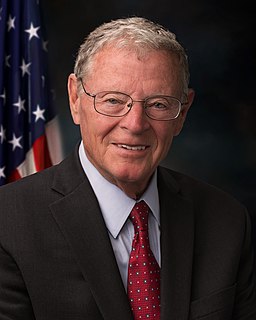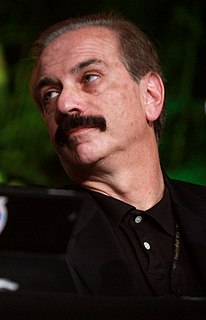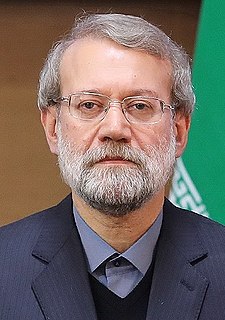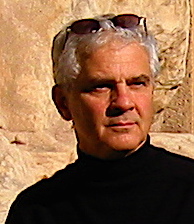A Quote by Noam Chomsky
I don't think that any deal was needed: Iran was not a threat. Even if Iran were a threat, there was a very easy way to handle it - by establishing a Middle East Nuclear Weapons Free Zone, which is something that nearly everyone in the world wants.
Related Quotes
My reading of the threat from Iran is that if Iran acquires nuclear weapons, it is an existential threat to the State of Israel and to other countries in the region because the other countries in the region will feel compelling requirement to acquire nuclear weapons as well. Now we cannot a second Holocaust.
Without a deal [with Iran], the international sanctions regime will unravel with little ability to reimpose them. With this deal, we have the possibility of peacefully resolving a major threat to regional and international security. Without a deal, we risk even more war in the Middle East and other countries in the region would feel compelled to pursue their own nuclear programs, threatening a nuclear arms race in the most volatile region in the world.
I do believe that the very tense relationship between the United States and Iran presents a challenge to the United States. But to discuss Iran as that type of a threat I find somewhat unconvincing, mindful of the fact that Iran actually doesn't have those military capabilities that would be needed to refer to it as that type of threat.
I don't want to use the term "nuclear weapons" because those people in Iran who have authority say they are not building nuclear weapons. I make an appeal to the countries who do have nuclear weapons. They don't consider them a nuclear threat. But let's say a country that doesn't have nuclear weapons gets involved in building them, then they are told by those that already have nuclear weapons that they oppose [such a development]. Where is the justice in that?
We support any deal that denies Iran nuclear weapons, that has a continuous and robust inspection mechanism and that has snap-back provisions in case Iran violates the agreement. Our concern is that Iran will use the income it receives as a result of the lifting of the nuclear sanctions in order to fund its nefarious activities in the region.
Up until now, I believed the nuclear threat to the U.S. from Iran was limited to the ability of terrorists to penetrate the borders or port security to deliver a device to a major city. ...While that threat should continue to be a grave concern for every American, these tests by Iran demonstrate just how devious the fanatical mullahs in Tehran are. We are facing a clever and unscrupulous adversary in Iran that could bring America to its knees.?
The Iranian issue I don't think has much to do with nuclear weapons frankly. Nobody is saying Iran should have nuclear weapons nor should anybody else. But the point in the Middle East, as distinct from North Korea, is that this is center of the world's energy resources. Originally the British and secondarily the French had dominated it, but after the Second World War, it's been a U.S. preserve. That's been an axiom of U.S. foreign policy, that it must control Middle East energy resources.
Iran's Supreme Court has issued a fatwa against the development of nuclear weapons. President [Hassan] Rouhani has indicated Iran will never develop nuclear weapons. I've made clear that we respect the right of the Iranian people to access peaceful nuclear energy in the context of Iran meeting its obligations.
That Iran is willing to threaten Israel is wrong[. . . .] We pose no threat and if we are conducting nuclear research and development we are no threat to Israel. We have no intention of aggression against any country. [. . .] Today we announce to you that the political will of Iran is aimed at the negotiated settlement of the case and we dont want to aggravate the situation in our region[. . . .] We know that this issue can be settled in a constructive dialogue and we welcome that.


































